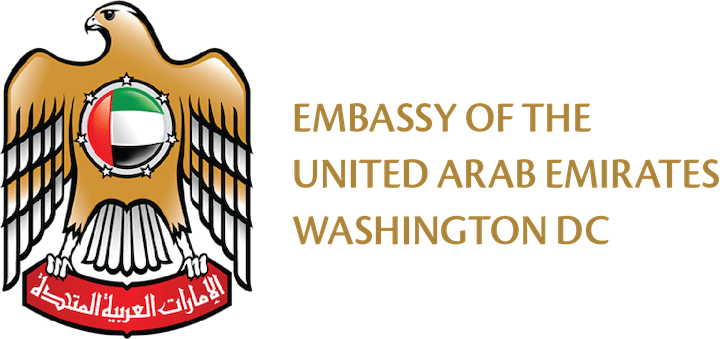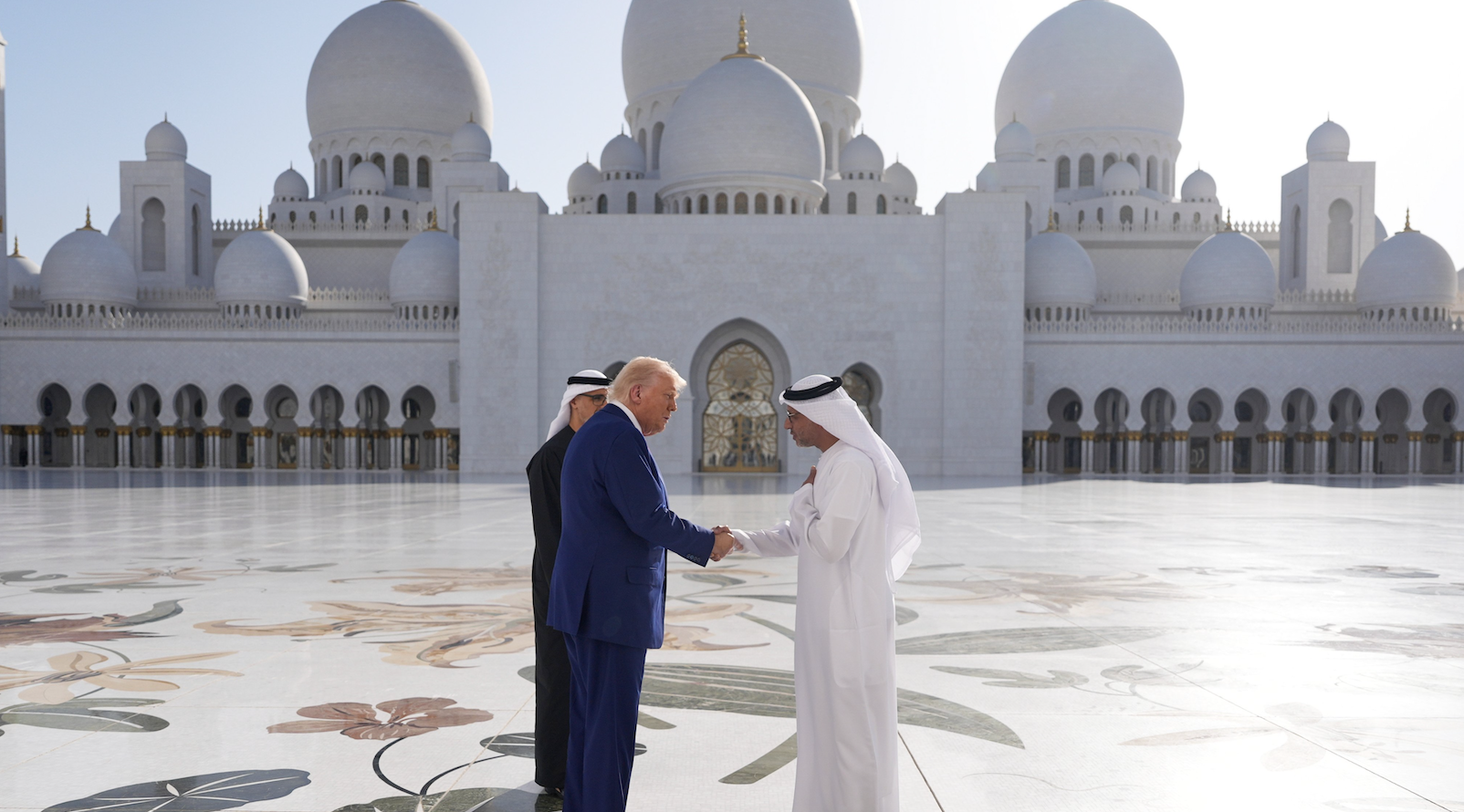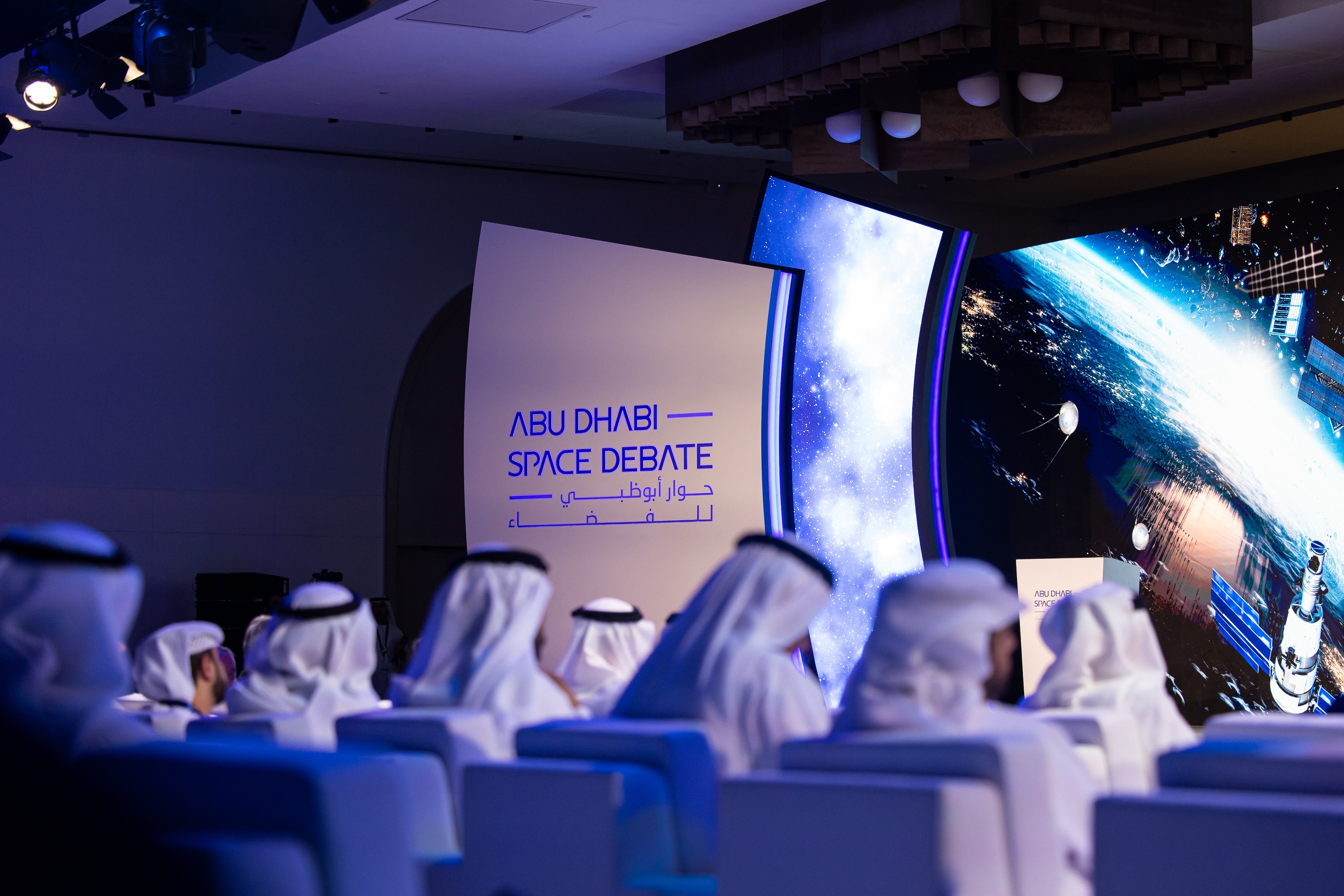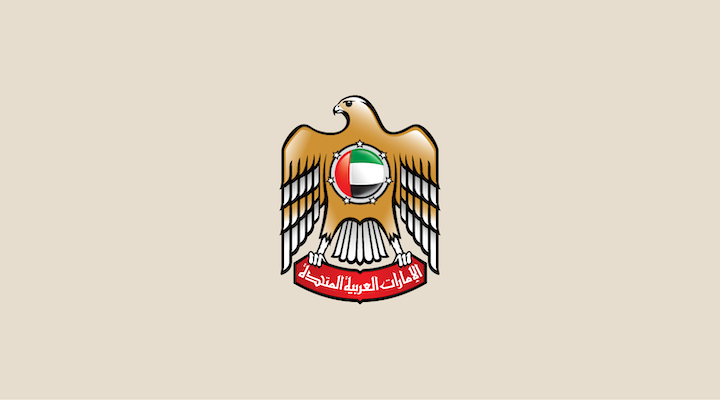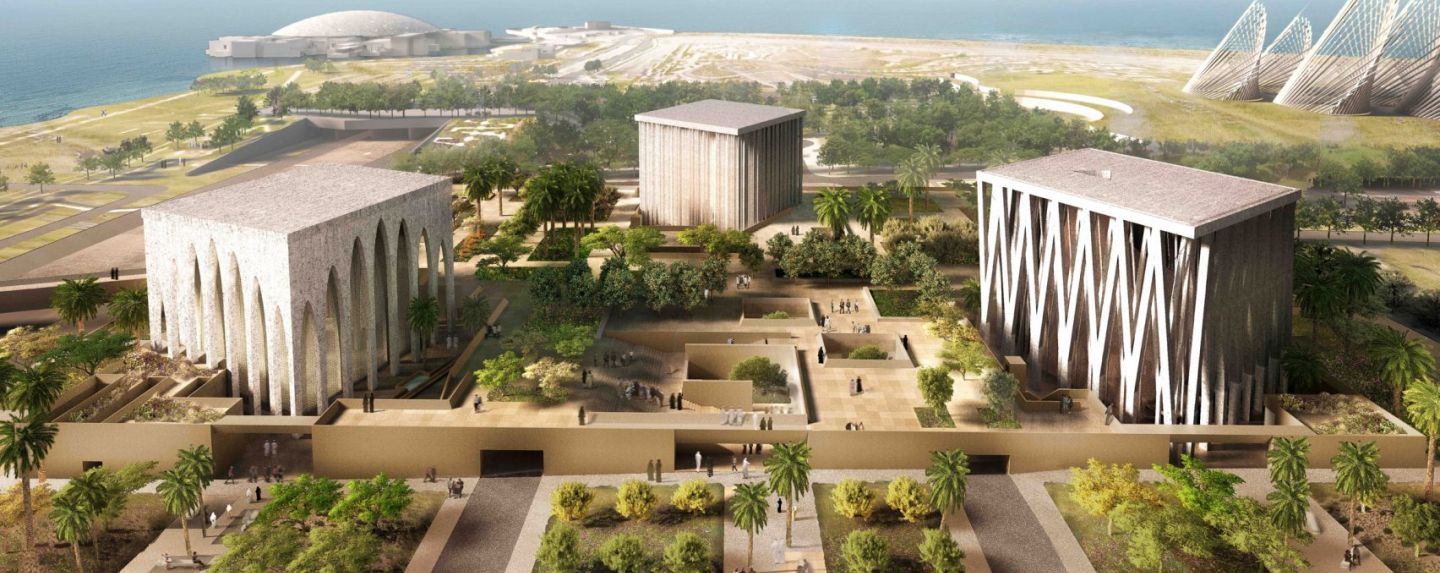
The Maجlis: How the Values of Ramadan Mirror the UAE’s Nature of Religious Inclusion
May 5, 2021
By Alia Alsuwaidi, Head of Political Affairs
The month of Ramadan presents a unique opportunity for Muslims around the world to reflect on ourselves and the world around us. This year, the UAE Embassy has endeavored to do just that by launching Ramadan Reflections, a video series where my fellow diplomats and I shared what Ramadan means to us and examined the values and traditions of the holiday.
The series got me thinking about my childhood in the UAE. When I think of Ramadan, I think of my family. I think of my father’s prayers, my mother’s iftar spread and the hard work and love she put into it, and the fanous of Ramadan (or the lantern of Ramadan). But I also think of the people we broke fast with. Growing up, friends and acquaintances of my family from various faiths and backgrounds would join our iftars and take part in our celebrations. We shared each other’s traditions. One especially heart-warming memory comes to mind of my siblings and I impatiently counting down to Christmas. Each year, my dad’s business partner, a Sikh gentleman, would treat us to gifts on that holiday -- even though it was technically neither his nor ours.
In many ways, this story embodies how interfaith understanding is woven into Emirati culture. We are raised to accept the faiths of all our neighbors and friends. We are taught to participate in other traditions and celebrations. We are brought up to seek similarities in people and to celebrate our differences.
The UAE understands that we have a responsibility to build more tolerance and understanding. The Founding Father of the UAE, the late Sheikh Zayed bin Sultan Al Nahyan, instilled the values of co-existence and interfaith cooperation into our nation. Carrying these values forward, in 2019, the UAE invited Pope Francis to visit, sending a message to the region and the world that we can have different faiths and still coexist.
The trip was historic in more ways than one. Not only was this the first-ever visit by a sitting Pope to the Arabian Peninsula; Pope Francis and the Grand Imam of Al-Azhar also signed the Document on Human Fraternity at the Founder’s Memorial in Abu Dhabi, premised on the proposition that the values that unite us are so much greater than the differences in our practice. One of my favorite passages in the document is that “faith leads a believer to see in the other a brother or sister to be supported and loved.”
The UAE continuously embodies that message. In 2019, the UAE announced that, in addition to helping rebuild Mosul’s Al Nuri Mosque, it would also help fund the restoration of two Mosul churches that were destroyed by ISIS. In 2020, the UAE signed the historic Abraham Accords with Israel. One of the key pillars of the Accords is advancing a culture of peace among the three Abrahamic religions and all humanity. Locally, one of the strongest manifestations of this approach is the Abrahamic Family House, which is under construction in Abu Dhabi. Consisting of a church, mosque, and synagogue, the interfaith complex will celebrate and encourage peaceful coexistence among different faiths and is scheduled to open in 2022.
Honoring his legacy, the UAE announced the 19th day of Ramadan as Zayed Humanitarian Day. This is a tribute to the UAE Founder’s legacy of providing aid to communities in need around the world, and his vision for a society that promotes this important work. The global challenges of COVID-19 reinforced how critical this work is. Now more than ever, we are reminded of our common humanity, and the important values that tie us all together.
I hope our friends of all faiths from the US and around the world will come visit the Abrahamic Family House once normal travel resumes. Together, we can commemorate Sheikh Zayed’s vision as we all celebrate the values of coexistence and giving.
